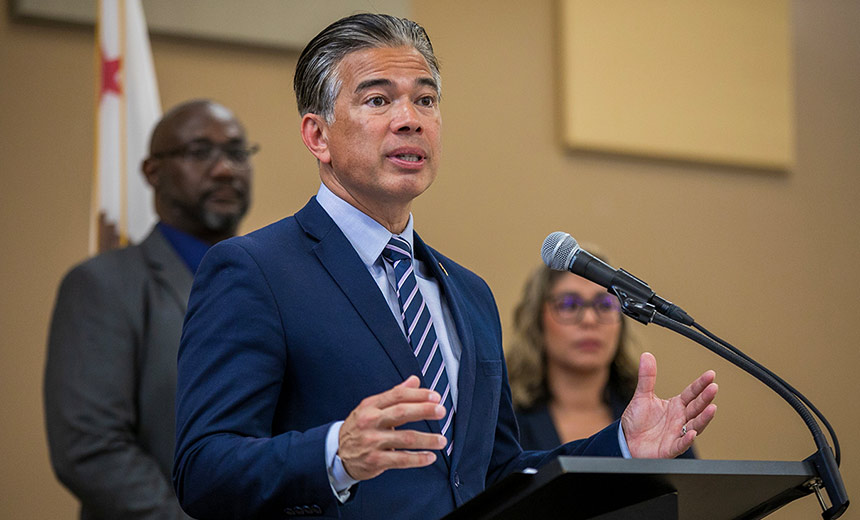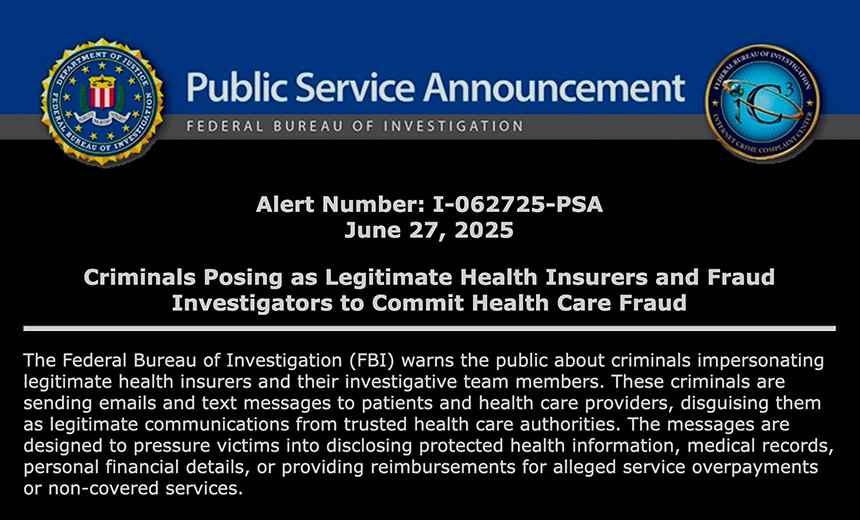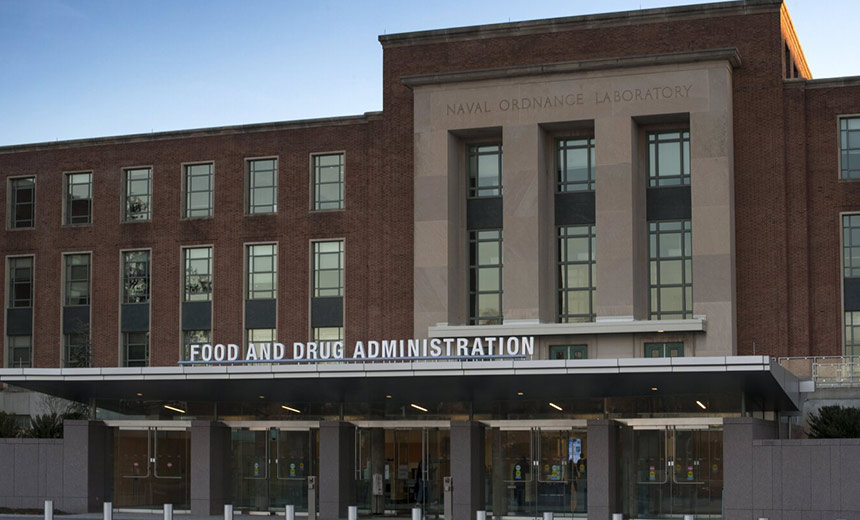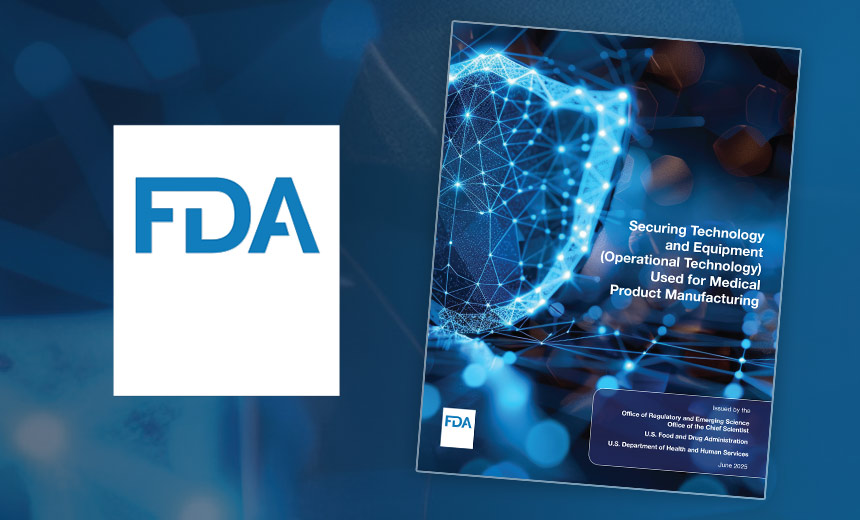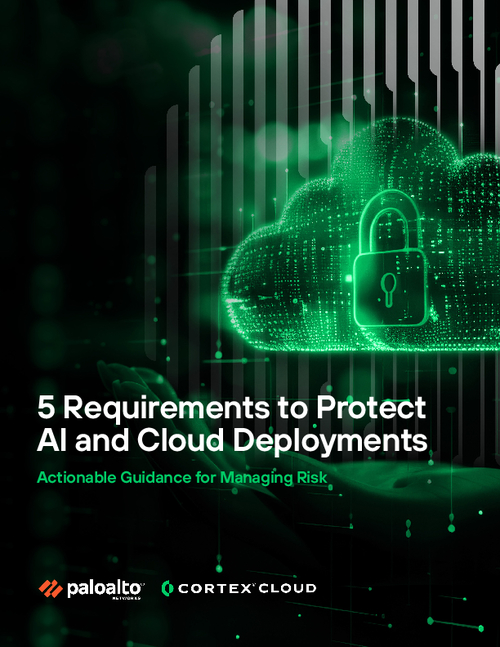20 States Sue HHS to Stop Medicaid Data Sharing with ICE
California and 19 other states are suing the Trump administration to stop the U.S. Department of Health and Human Services from allegedly disclosing Medicaid beneficiaries' personal health information to the Department of Homeland Security and Immigration and Customs Enforcement.

